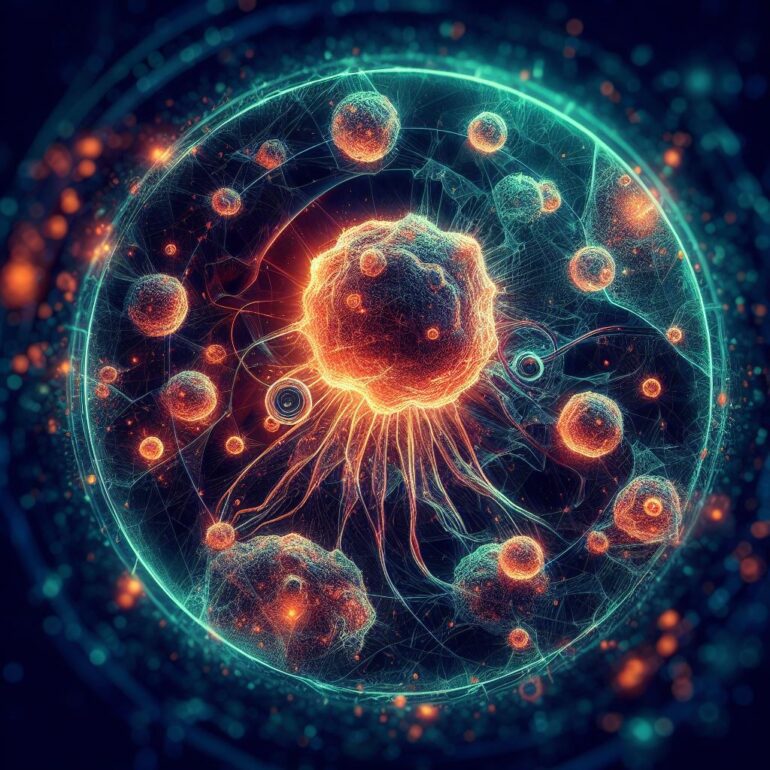- ChatGPT, an AI-powered large language model, exhibits precision in addressing patient inquiries in radiation oncology.
- Study results reveal ChatGPT’s accuracy and conciseness in responses, aligning closely with expert answers.
- However, responses from ChatGPT often resonate at a collegiate reading level, potentially hindering patient comprehension.
- Continuous refinement and monitoring are crucial to improve the accessibility and usability of AI-driven tools like ChatGPT.
- Researchers emphasize the importance of broader evaluation methodologies to understand the capabilities and limitations of AI in patient-provider communication.
Main AI News:
Artificial intelligence (AI) holds promise in the healthcare landscape, particularly in augmenting patient-clinician dialogue. A recent study showcased the efficacy of an AI-powered large language model (LLM), specifically ChatGPT, in responding accurately and concisely to queries commonly posed by patients undergoing radiation therapy. Published findings in JAMA Network Open revealed that responses generated by ChatGPT were notably precise, aligning closely with expert answers from online sources affiliated with the NCI and the Radiological Society of North America.
However, despite the accuracy, the responses typically resonated at a collegiate reading level, indicating a potential barrier for some patients. P. Troy Teo, PhD, an instructor of radiation oncology at Northwestern University Feinberg School of Medicine, emphasized the significance of fine-tuning to enhance accessibility and minimize limitations. Teo stressed, “Continuous refinement, coupled with vigilant monitoring using robust metrics, is imperative to ensure AI-driven tools like ChatGPT effectively cater to the varied needs of patients and healthcare providers in real-world clinical scenarios.”
Analyzing the responses involved a comprehensive approach. Three radiation oncologists and three radiation physicists evaluated the LLM-generated answers against expert responses across factors such as factual correctness, completeness, and conciseness. Results indicated ChatGPT’s proficiency, with experts deeming its responses as similar or superior in relative correctness (94%), completeness (77%), and conciseness (91%) compared to expert answers. However, concerns arose regarding the reading level disparity between expert and LLM responses, potentially hindering patient comprehension.
Looking ahead, researchers underscored the need for iterative improvement. While AI-powered LLMs demonstrate promise, addressing readability issues is crucial to maximize their utility as patient resources. Teo highlighted the importance of refining evaluation methodologies to encompass a broader array of patient interactions. “By broadening our evaluation approach, we aim to gain deeper insights into the capabilities and constraints of LLMs in addressing the dynamic needs of patients and healthcare providers,” Teo explained.
Ultimately, as AI continues to evolve, strategic enhancements in readability and comprehension will be pivotal in realizing its full potential as a supportive tool in patient-provider communication within radiation oncology and beyond.
Conclusion:
The study underscores the potential of AI-driven tools like ChatGPT in enhancing patient-provider communication in radiation oncology. However, addressing readability issues is essential to maximize their utility. Continuous refinement and broader evaluation methodologies will be key in realizing the full potential of AI in healthcare communication, presenting opportunities for innovation and improvement in the market.

